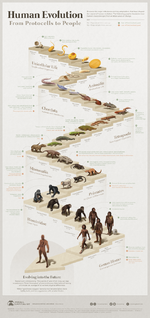A Letter From Abdi-hiba of Jerusalem to the King (Pharaoh) prob. Amenhotep III said:
To the king, my lord, hath spoken Abdi-bjba, thy servant : At the feet of my lord, the king, seven times and seven times do I fall. What have I done to the king, my lord ? They have slandered me before the king, my lord [saying] : " Abdi-Jiiba has revolted from the king, his lord." ...
May the king care for his land ! The lands of the king, my lord, have all fallen away. Ilimilku is destroying the entire land of the king. May the lord care for his land ! I say : " I will go before the king, my lord, and see the eyes of the king, my lord." But the enemies are powerful against me, and I am unable to go before the king, my lord. So may it seem right to the king to send garrison-troops, and I will go and see the eyes of the king, my lord ! So long as the king, my lord, lives, when an officer goes forth, I shall say : " The lands of the king, my lord, are going to ruin." But you do not listen to me. All the local governors are lost ; there remains not one local governor to the king, my lord.
Let the king turn his face to the troops, and let the king, my lord, send troops ! No territory remains to the king, my lord. The Habirii are devastating all the lands of the king. If there be troops in this year, then the lands will remain the king's, my lord's ; but if no troops arrive, the lands of the king, my lord, are lost.



